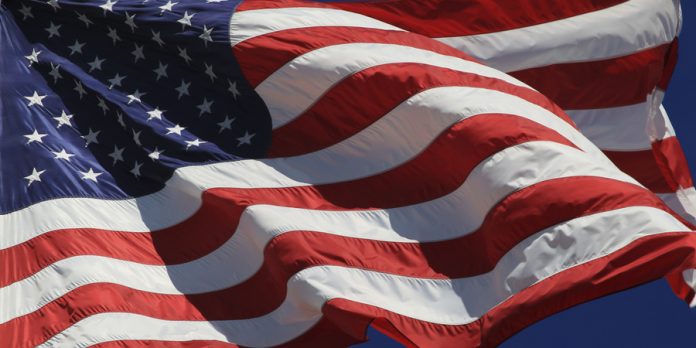SportsHandle and friends deliver another round-up of the week’s big developments in US sports betting.
Building Better Bettors, The Unabated Way
It’s not exactly the stuff blockbuster Hollywood rom-coms are made of, but by the standards of the sports gambling world, it qualifies as a “meet cute.”
Professional sports bettors Captain Jack Andrews (a pseudonym) and Rufus Peabody (not a pseudonym, go figure) met in early 2019 at a ski trip bringing together casino advantage players from around the world. While some of the gamblers typically spend a good chunk of the annual trip on the slopes, others just hang around talking shop. Andrews and Peabody found themselves in the latter category.
Full story here.
Massachusetts, Ohio Still At Crossroads When It Comes To Sports Betting
In late spring, lawmakers in Massachusetts and Ohio punted on sports betting. It’s now just after kickoff in the first quarter of the NFL season, and it’s looking a lot like legislatures in both states still have not come up with the perfect trick play to move the ball forward. Not even for a first down.
In Ohio, the legislature returned to formal session this week with redistricting as the priority. Senate President Matt Huffman offered up a non-convincing comment about gambling expansion — “We of course need to resolve the sports gambling issue, one way or another” — to the Springfield News-Sun. At about the same time, Massachusetts Gov. Charlie Baker, author of one of more than 20 wagering bills, opined on Twitter that “it’s time to act and get this done.”
Full story here.
For Latest California Sports Betting Proposal, Silence May Be Golden
When a group of sports wagering operators in August submitted paperwork in California for a 2022 ballot initiative that would legalize digital betting, the response was oddly quiet. Just weeks before, after a group of four cities that have card clubs offered up its take on the topic, the state’s tribes were vehemently opposed and both operators and tribes were scratching their heads about who was behind it and how it would play out.
But on and since Aug. 31, the response has been, well, crickets, in what would be the biggest sports betting state in the U.S. to offer live sports wagering.
Full story here.
DraftKings Overtakes FanDuel As Michigan’s Top Sportsbook
DraftKings to FanDuel: I’m the captain now.
For the first time since launch, FanDuel has ceded the No. 1 position when it comes to total handle in the Michigan online sportsbook world. In August, DraftKings took in $61.4 million, walloping the now-second place FanDuel, which finished the month with $47.6 million in handle. For DraftKings, this meant it took nearly a full third of the Michigan sportsbook pie for the month; FanDuel, nearly a quarter.
Full story here.
Connecticut’s Go-Live Date Set For Oct. 7
In a somewhat unexpected announcement late Thursday, Gov. Ned Lamont’s chief of staff, Paul Mounds, told a local television station that Connecticut digital sports betting will go live on Oct. 7 — right in time for wagering on Week 5 NFL games. The announcement came during an interview with Eyewitness News 3, which will air the full interview Sunday morning.
DraftKings, FanDuel, and Rush Street Interactive will all operate platforms in the state. DraftKings, partnered with Foxwoods Casino, and FanDuel, partnered with Mohegan Sun, are licensed to offer digital sports betting and iCasino while Rush Street Interactive will be able to offer sports betting only. It appears the Oct. 7 launch will not include iCasino, and according to a source, retail wagering could start as soon as Oct. 1.
Full story here.
NJ Regulator Lays Down The Law With Sports Betting Operators About Their Advertising
New Jersey regulators were virtually all alone in a brave new world back in late 2013 when the state allowed the launch of legal online casino sites.
Nevada had recently begun permitting online poker, but the ubiquity of brick-and-mortar casinos nearby for most of that state’s residents made it a niche product. Same for Delaware, which launched almost simultaneously with New Jersey — but only via a state lottery-run platform.
New Jersey allowed multiple gaming companies to market their product in the state, leading to advertising oversight challenges.
Full story here.














